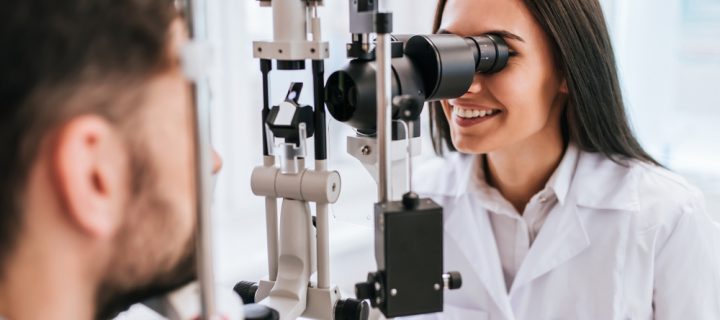Changes in the eyes could help doctors detect signs of developing dementia and other changes in the brain, new research shows.
Researchers have found that changes in the eye could be linked to changes in the brain and could lead to early diagnosis of dementia before any cognitive or behavioral symptoms of the illness appear, according to a study published in the Journal of Experimental Medicine.
The study showed that thinning of the retina, which is made up of neurons directly connect to the brain, could be an early marker for frontotemporal dementia (FTD) and lead to treatment for patients earlier.
A group of patients with a certain genetic mutation known to result in FTD who were studied by the researchers from the University of Alabama at Birmingham, Gladstone Institutes and the University of California, San Francisco were shown to have a significant thinning of their retinas compared to those who did not have the genetic mutation.
The retina can act as a ‘window to the brain’ according to experts and examining the retina is one of the most accessible ways to identify any loss of cells or detect and track changes in the eye.
FTD, also known as frontotemporal degeneration, is often diagnosed earlier than Alzheimer’s, with onset occurring when people are in their 50s and 60s, according to the Association for Frontotemporal Degeneration.
Photo credit: 4 PM production/Shutterstock










